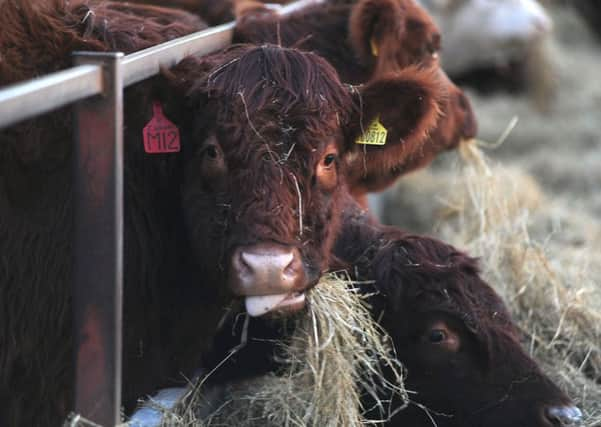Delayed payments feeding a crisis for farm suppliers


Chair of the organisation’s Scottish region, John Calder, said that the impact of the later delivery of support payments had been progressive, but as the year wore on advances of credit to the farming industry had increased well above the usual rate.
He said that while no actual figures were available, anecdotal evidence suggested that this was in the order of 20 per cent above the normal provision.
Advertisement
Hide AdAdvertisement
Hide AdWith the feed trade taking the worst of the strain, the chairman of the Scottish feed committee, Donald Harvey, estimated that sales of animal feed had been back by around 15 per cent across the winter, with overall margins for many companies down by four to five per cent.
Harvey also said that it appeared many cattle producers had taken the decision to cut back on high-quality feeds with the intention of finishing their cattle later than normal off grass, rather than getting them to slaughter weight before turnout: “And in some areas it looks like almost 20 per cent more cattle will be going out to be finished this way than would normally be the case.”
On the cereal side, Robin Barron, chair of the regional arable committee, indicated that while downward price pressures were likely to continue this year due to high world production and stocks, Scottish production was likely to be lower over the next 12 months, following two record crops in a row.
Figures suggested that both winter wheat plantings and the area down to spring barley were back on the year – and the weather so far was likely to see grain yields fall to closer to the average figures. Combining these two points he said that estimates were for a drop of 10 per cent in overall production.
Signs that producers were beginning to address the drop in demand for malting barley due to the blip in whisky sales figures were given by seed committee chairman Gordon Stewart, who revealed that this year sales of barley seed had fallen by 10 per cent while those of oats had continued the recent rising trend and had increased by 10 per cent.
